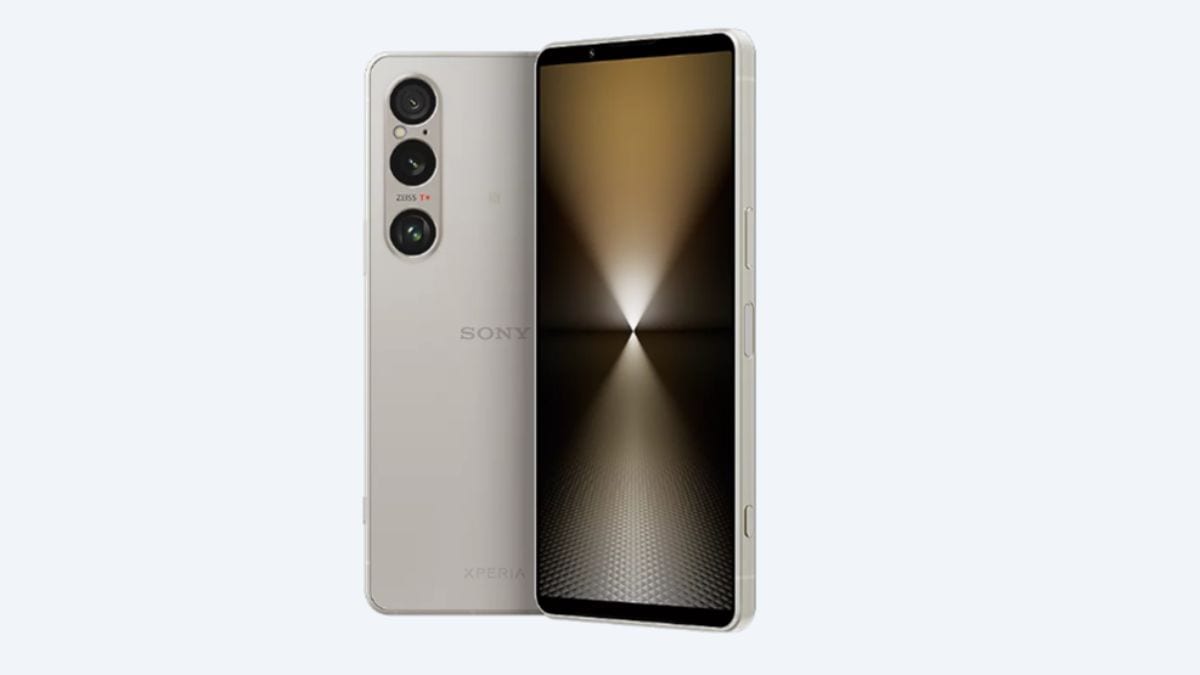Microsoft is investigating Windows activation issues that appear to be linked to the company’s recent move to block Windows 7 and Windows 8 keys from activating copies of Windows 10 and Windows 11. If you have an installation of Windows 10 / 11 that has been activated using the free upgrade from Windows 7 or 8, then there’s a chance it might become deactivated if you swap some hardware components or even upgrade your BIOS version.
I personally experienced this in late October on a copy of Windows 11 after swapping a motherboard in one of my test PCs and no longer being able to activate it using the digital key assigned to my Microsoft account. I had to purchase a new Windows 11 key instead.
A Verge reader experienced the same issue and claims to have filed a complaint with the FTC over the problems. Daniel Mittelman upgraded some PC parts and kept the same Windows installation and was met with activation issues.
“Automatic activation would not work, so I contacted customer support. They told me because my Windows 10 license had been upgraded from Windows 7, and that they had discontinued support for Windows 7 product keys, that they could not continue my license for Windows 10 Pro after the hardware change,” says Mittelman in an email to The Verge. “They also acknowledged that changing the hardware is not a violation of the Windows license so there is no reason my Windows 10 license should be revoked or altered in any way.”
Mittelman isn’t alone, others have noticed similar issues when swapping hardware. Microsoft moved to block a long-standing Windows activation loophole last month. This previously allowed people to install Windows 10 or 11 and use a Windows 7 or 8 key to activate the install. Windows 7 / 8 keys are now fully blocked from clean installs of Windows 10 / 11, and it appears this block is affecting anyone trying to reactivate due to a hardware change. BIOS upgrades can occasionally trigger a Windows reactivation, so this is a problem that custom PC builders could run into over time.
“Microsoft is aware of these customers reports and is investigating,” says Bill Babonas, principal product manager of Windows, in a statement to The Verge. “Customers who are experiencing technical difficulties should contact customer support.”


/cdn.vox-cdn.com/uploads/chorus_asset/file/24971070/236820_Surface_Laptop_Go_3_AKrales_0013.jpg)

/cdn.vox-cdn.com/uploads/chorus_asset/file/25677203/1014024_Silo_Trailer_Annoucement_Big_Image_01.jpg)
/cdn.vox-cdn.com/uploads/chorus_asset/file/25531810/STK175_DONALD_TRUMP_CVIRGINIA_D.jpg)
/cdn.vox-cdn.com/uploads/chorus_asset/file/25408204/KV_US.jpeg)
/cdn.vox-cdn.com/uploads/chorus_asset/file/25788807/amazon_kindle_colorsoft_16.jpg)
